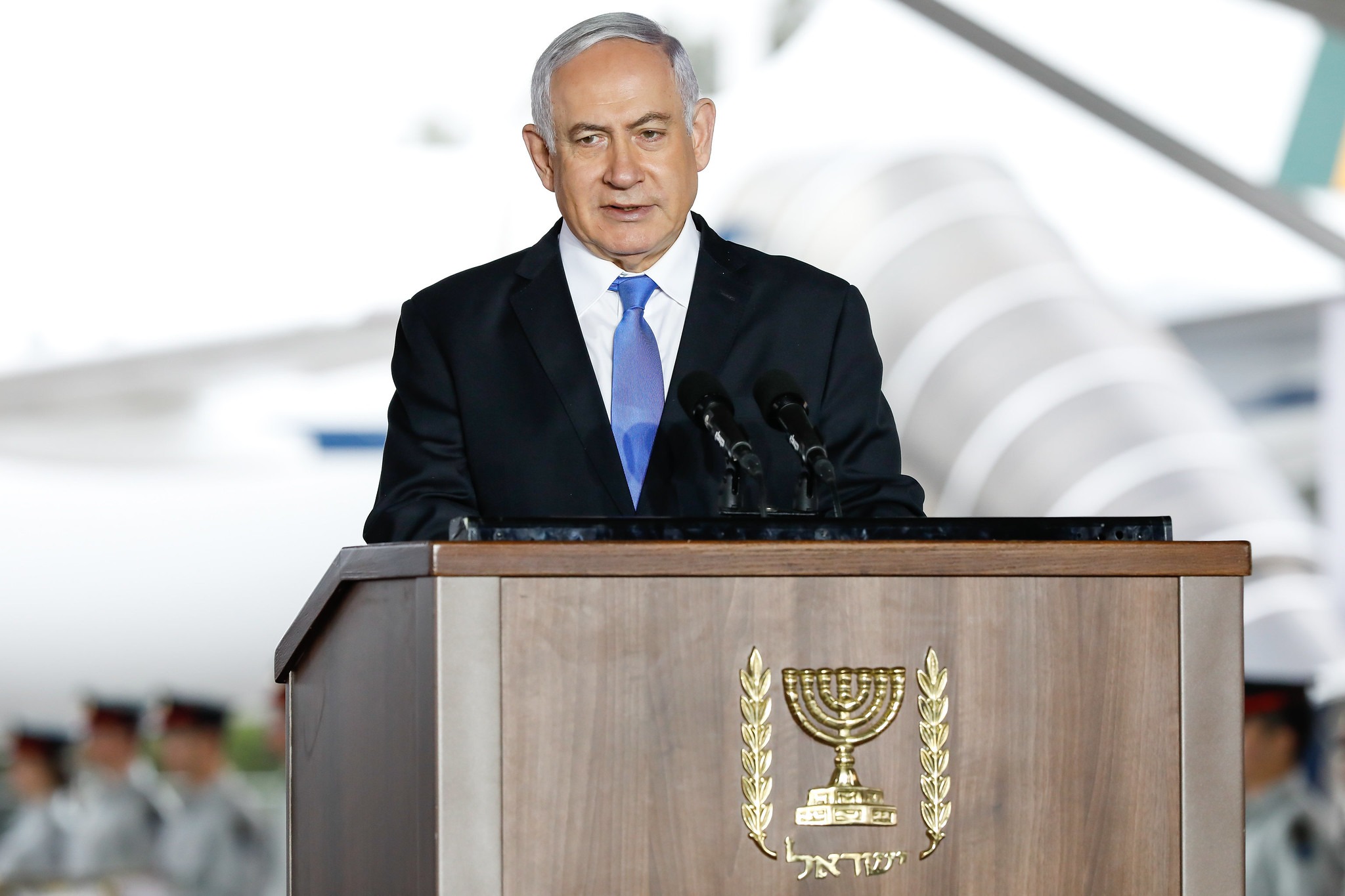
With near final result, Benjamin Netanyahu’s ruling rightwing Likud party won 31 seats in Tuesday’s parliamentary election, while the centre-right Blue and White alliance led by Benny Gantz, former chief of the military, took 33 seats. The rightwing bloc is short of a majority in the 120-seat Knesset.
Avigdor Lieberman’s secular rightwing Israel Beiteinu (Israel Our Home) party emerged from the election as the kingmaker, winning 8 seats. Mr Lieberman wooed secular security hawks with a vow to blunt the influence of the ultraorthodox minority.
After April’s inconclusive elections, Mr Lieberman – who represents a largely secular, Russian-speaking population of Jews from the ex-Soviet Union – refused to join Mr Netanyahu’s rightwing coalition unless the prime minister reined in the deeply religious Jewish minority, which thanks to concessions, has kept their youth from serving in the military and its communities in segregated isolation from modern Israeli life ( A failure to clinch Mr Lieberman’s support in the April polls left Mr Netanyahu and his rightwing coalition allies one seat short of a parliamentary majority).
The Joint List of Arab parties took 13 seats to become the third largest in the Knesset. During the election campaign, Mr Netanyahu vilified Israel’s Arab citizens, a fifth of the population, as fifth columnists trying to destroy the Jewish state. The party is unlikley to be part of any government.
There is no clear path to a majority for either Mr Netanyahu’s Likud party, or its rivals in the Blue and White alliance. Mr Gantz seems open to a unity government, but he has ruled out supporting Mr Netanyahu as prime minister if he is indicted on corruption charges. The Likud leader faces an indictment for bribery, fraud and breach of trust. He, therefore, wants to see the passing of legislation that would give him and other members of the Knesset immunity from prosecution while they are in office.
Mr Lieberman has also called for a unity government, but which would exclude parties that represent the ultraorthodox.
Reuven Rivlin, Israel’s president, is responsible for choosing the candidate he believes has the best chance of forming a government and he is more likely to offer Mr Gantz the chance to form a coalition.
Photo: Alan Santos/PR